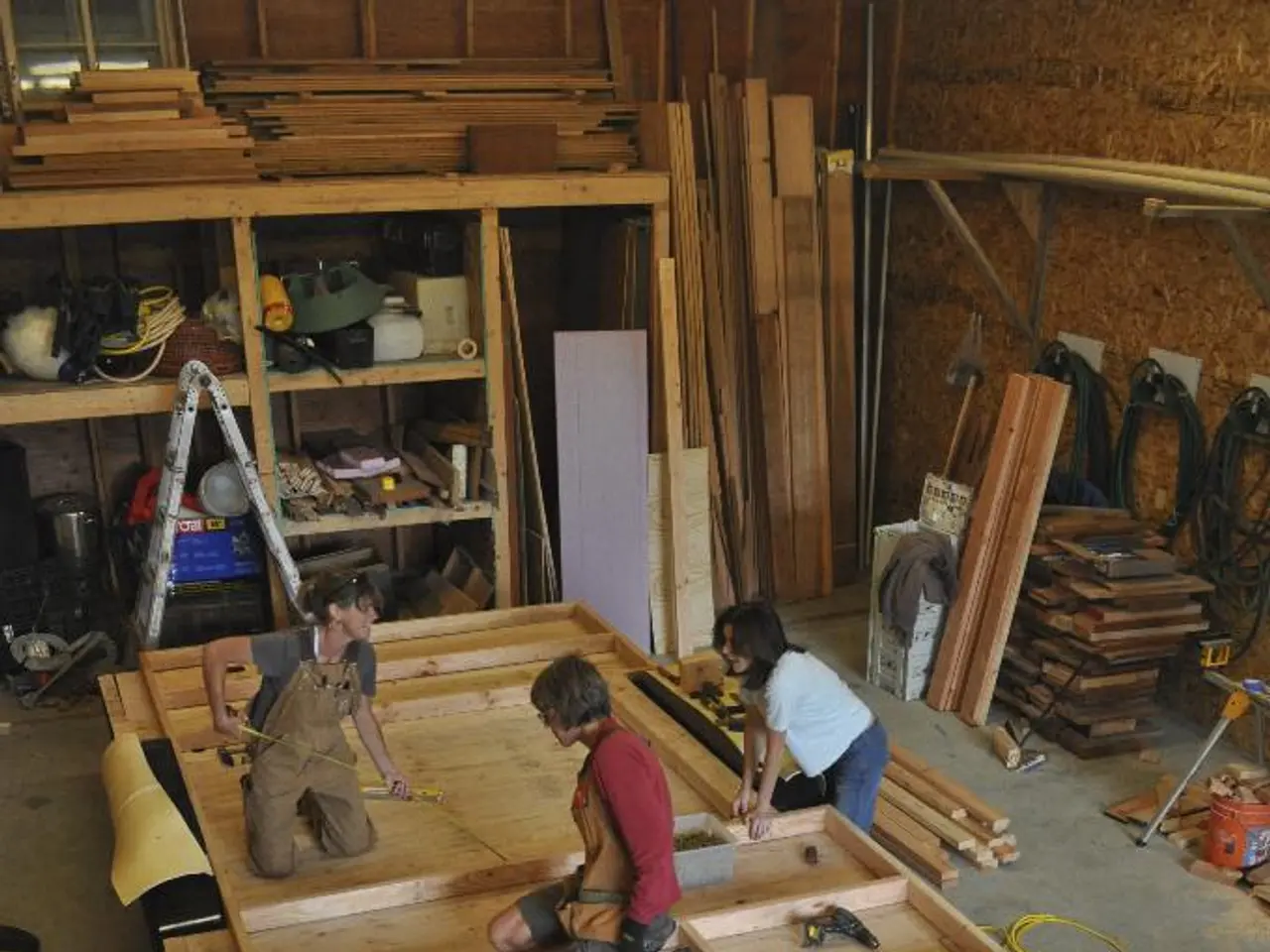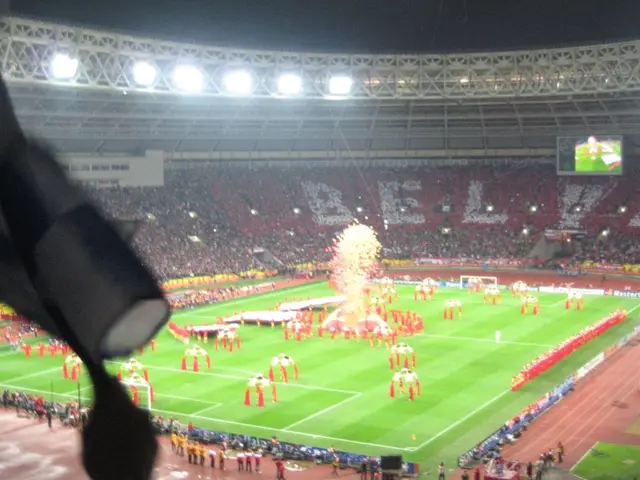Construction Innovator Trina Chakravarti Leading the way in Contemporary Building Techniques
In a bid to address the UK's housing shortage, particularly the need for 300,000 new homes each year, including 145,000 affordable units, a project named Building Better is leading the charge. The project, spearheaded by Project Director Trina Chakravarti, is advocating for the use of Modern Methods of Construction (MMC) to revolutionise the housing industry.
Trina, who works for the National Housing Federation, a membership body providing homes for almost six million people in England, believes that MMC will play a significant role in the future of construction. She is an advocate for MMC and has been instrumental in establishing a common performance specification for manufacturers based on an 88% overlap in employer requirements from different housing associations.
The project has selected three manufacturers working towards net zero standards to work with, following a competitive dialogue process at the procurement stage. The aim is to build 100 MMC homes in the first year and a further 200 in the second year. Notably, Building Better has facilitated the development of resources such as checklists for clerks of works and project cost-builder tools to support these manufacturers.
The success of Building Better hinges on teaming up with motivated individuals who can give the project momentum and change attitudes internally and across partnerships. The project membership now stands at around 30 Housing Associations (HAs) and local authorities who are interested in MMC.
One of the key benefits of MMC is its contribution to energy efficiency, quick construction, and waste reduction. Methods such as modular and prefabricated construction, Design for Manufacture and Assembly (DfMA), Structural Insulated Panels (SIPs), 3D printing, robotics, and automation are transforming the industry.
These methods improve productivity, reduce labor demands, increase safety, and lower whole-life costs while delivering sustainable, energy-efficient homes faster and with less waste than traditional construction. For instance, SIPs provide superior insulation and reduce drafts, lowering energy bills, while factory-controlled environments ensure precision, reducing energy losses. Off-site manufacturing accelerates timelines significantly, often reducing construction times by up to 60%.
Moreover, factory fabrication enables precise cutting and material use, reducing scraps and onsite waste. Modular and prefabricated methods allow for better waste segregation and recycling. Less on-site work also means fewer materials lost or damaged.
Trina Chakravarti is also exploring the use of new technologies like 3D printing and pre-emptive maintenance to further improve the quality of MMC buildings. She is advocating for the use of data to improve the quality and longevity of MMC homes.
Housing associations, as long-term asset owners, have realised the importance of incorporating sustainable construction in their strategies and business goals. By adopting MMC, they can reduce waste by around 90% and carbon emissions by up to 60%. Homes England is building 1,800 units to study the long-term performance of MMC.
In conclusion, Building Better is leading the way in the adoption of MMC, aiming to deliver high-quality, sustainable housing quickly and efficiently. The project's success underscores the potential of MMC to revolutionise the construction industry and meet the UK's housing needs in a more sustainable and efficient manner.
- Trina Chakravarti, working for the National Housing Federation, believes that Modern Methods of Construction (MMC) will significantly contribute to the future of the housing industry and environmental science.
- To achieve this goal, Building Better project, led by Trina, is collaborating with three manufacturers working towards net zero standards, aiming to build 300 MMC homes in the first two years.
- Adopting MMC has potential benefits including energy efficiency, quick construction, waste reduction, and a significant decrease in carbon emissions for housing associations to meet the UK's housing needs.
- Technology advancements, such as 3D printing, pre-emptive maintenance, automation, and data collection, are emphasized by Trina Chakravarti to further improve MMC building quality, environmental impact, and energy efficiency.




